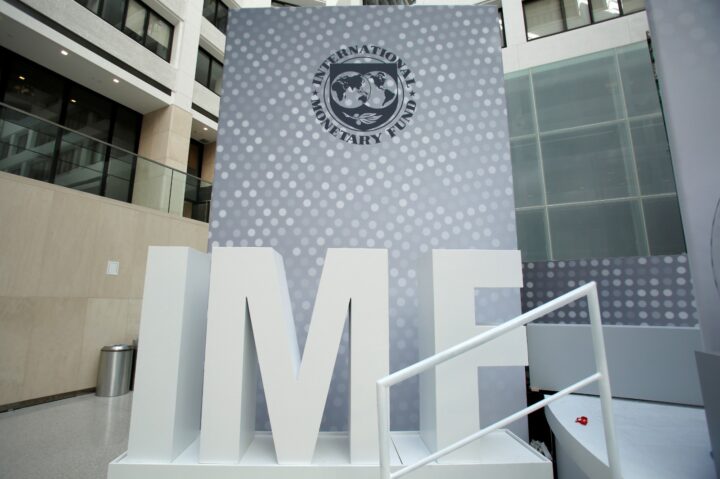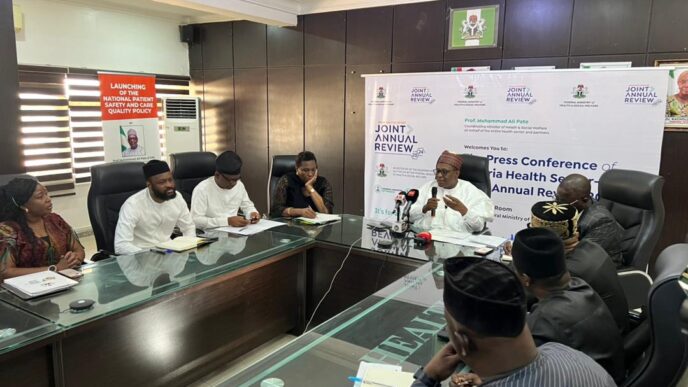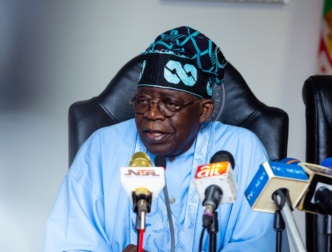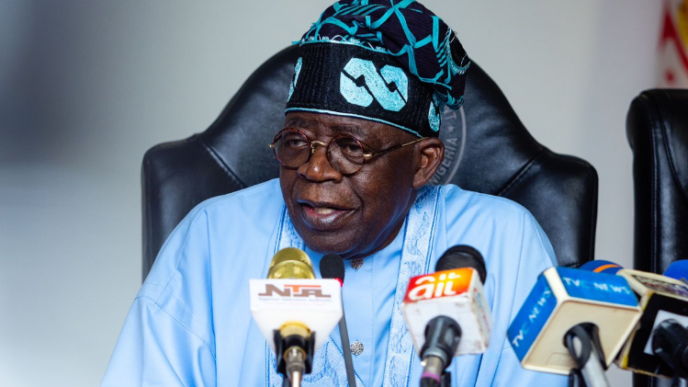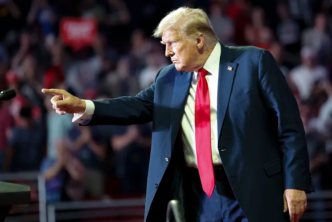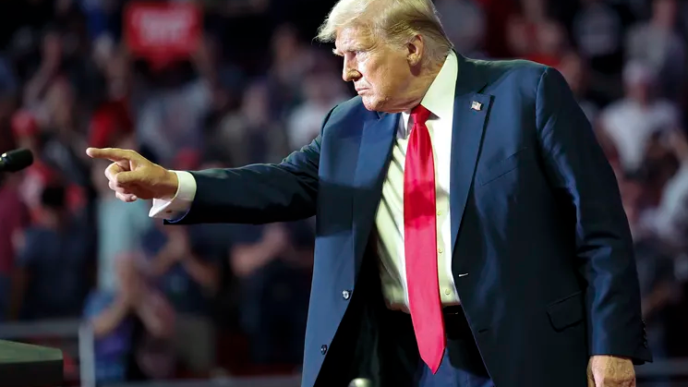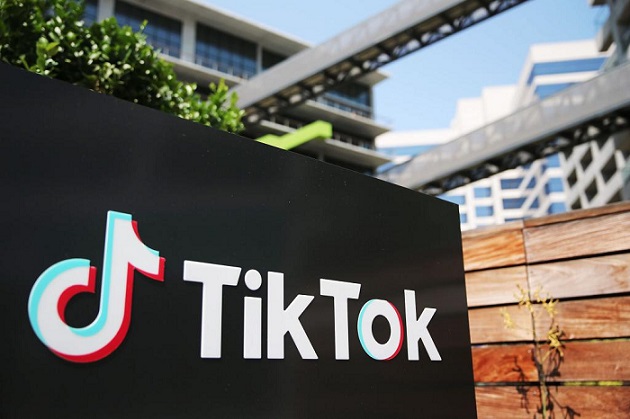A recent projection made by one of the Bretton Woods organisations, the International Monetary Fund (IMF), revealed that global public debts are expected to grow to 115 percent of the global economy over three years. The IMF, in its official press release, was quoted to have revealed: “This framework shows that in a severely adverse scenario, global public debts could reach 115 percent of GDP in three years – nearly 20 percentage points higher than currently projected.” To put it in perspective, with the global GDP currently at $110 trillion, the expectation of the IMF is that over the next three years, the global public debts could be in the neighbourhood of $127 trillion.
While a handful of economic experts have argued that this may result in the global economy being too leveraged – too much debt relative to its size, which has the capability of causing financial vulnerability, a plethora of other experts believe that this projection is well within expectations.
With many countries possibly having spending pressures to close the investment and development gaps in healthcare, social amenities, Artificial Intelligence, and other critical sectors of the economy, the public debt profiles of many nations are expected to step up. Moreover, the geopolitical instability in the world due to the wars raging in two critical continents of the world: Eastern Europe – with the invasion of Ukraine and the infringement of her territorial integrity by Russia, and in the Middle East – with Israel already involved in literally two wars at the same time – with Hamas and Hezbollah, and with Israel’s recent retaliatory attacks on Iran, which has the propensity to deepen the war in the region, has the potential to cause a rise in global public debt with many countries around those corridors likely to increase their defence spending relative to their GDP.
Specifically, Poland, a key nation in the east of Europe has made it clear to increase its defence spending to 4.12% of GDP in 2025. The Polish Prime Minister, Donald Tusk was quoted by the Euro news to have said: “Poland’s 2025 budget will include record spending on defence, as Russia’s ongoing war in Ukraine brings danger closer to the EU’s external borders.”
Advertisement
Many of the OECD countries rarely maintain the acceptable World Bank threshold for debt to GDP ratio as they typically exceed it. However, they have been extremely effective in their balance sheet management over the years. For example, the debt to GDP ratio of the US of 121 per cent – the economy of $29 trillion and the public debt stock of $35 trillion, had a whopping $6.752 trillion appropriation that just lapsed in September 2024, with total accrued revenues totalling $4.92 trillion while debt servicing payments was $1.13 trillion. This, in my opinion, was very modest with debt servicing to revenue ratio and debt servicing to national budget ratio at 22.9% and 16.7% respectively. These decent ratios presented the US with an unfettered cash flow to achieve government policy objectives.
For all intents and purposes, this type of efficient balance management cannot be said for many countries in Sub-Saharan Africa due to the fiscal outlook of many countries in the continent. This is perhaps one of the key reasons these international financial organizations are projecting weak economic growth for many African nations, precisely for Nigeria in 2025, due to the expectation that the public debts would remain obstinately high due to increased fiscal deficits as the government moves to increase spending to boost economic growth and respond to the raging ‘inflation tax’ that is crippling men and women in the society who are living from paycheck to paycheck. It appears that all the reforms of government aimed at attracting capital to kindle production and output are not doing as anticipated, and the bulk of capital into the country, over the last months, has been loaned from the World Bank, which no doubt is increasing the country’s debt portfolio.
The director-general of the Debt Management Office (DMO), Patience Oniha, alluded to this fiscal problem some weeks ago when she revealed that Nigeria’s debt servicing payments rose by 69 per cent to N6.04 trillion in the first half of 2024, up from N3.58 trillion in the same period of 2023. Nairametrics states, “The data from the statistical bulletin of the Central Bank of Nigeria showed that debt service in the first half of 2024 made up 50 per cent of the total expenditure of N12.17 trillion and a staggering 162 per cent of the N3.73 trillion total revenue generated during the period”. The implication of this is that in the first half of 2024, Nigeria’s total accrued revenues were insufficient to service our debts. The country had to borrow 62 per cent more of the total revenues generated in the first half of 2024 to service its debts in the period under review. This is clearly unsustainable and is a formula for economic calamity.
Advertisement
Whilst public debt in itself is desirable as it is one of the ways a government can get extra funds for economic development, it is more economically beneficial to deploy such debts to fund self-liquidating projects designed to generate economic activities, create direct and indirect jobs and improve the lives of Nigerians, rather than deploy them towards debt servicing or to non-debt recurrent expenditures.
Nigeria’s debt to GDP ratio which is just a little over 50 per cent is essentially nothing to seriously worry about if our revenue profile is decent and if these debts have been judiciously utilized to improve the financial health of Nigeria. As it has been established, the bane of Nigeria is her inability to generate sufficient revenues. It is, however, hopeful that the four executive bills transmitted by the Executive arm of government to the Legislative arm – The Nigeria Tax Bill, Nigeria Tax Administration Bill, Nigeria Revenue Service (Establishment) Bill, and the Joint Revenue Board (Establishment) Bill would help to tidy up the fiscal environment, bring the needed relief for Nigerians and to many businesses, completely decimate the venality and systemic inefficiencies which exist in our current tax system and revenue-generating agencies of government, and ultimately, shore up the country’s tax revenues to enable us compete favourably with the current biggest economy in Africa: South Africa whose tax to GDP ratio is 25 per cent.
While the federal government is making concerted efforts to address the fiscal rascality, it is vital to mention that the deep-rooted corruptive activities in all the levels and tiers of government which seem to be much murkier than reported, the increasing blight of insecurity and crime across all the regions of the country, over-spending of government at all levels on expense lines that are completely needless, and the extremely high cost of governance, in addition to the nation’s dismal revenue generation drive, is to me the fundamental reasons why the nation’s public debts would continue to increase which may lead to debt distress. Nonetheless, while it is obvious that there are no quick fixes, sustainable solutions regarding fiscal consolidation that would have far-reaching effects are desirable and it is hoped that this government would take appropriate steps to address all these issues satisfactorily.
Vice President Kashim Shettima, during a meeting with the World Bank team in Abuja some weeks ago, was quoted by Daily Trust Newspaper as saying: “Be rest assured that where there is a will, there is always a way. Change is a very painful percolation process. But I know we will get out of this very soon and be on the path of sustained growth.” While Nigerians, especially the middle-income earners and the poor have been making the necessary adjustments to grapple with these harsh economic realities, many Nigerians expect that the government at all levels would equally make the requisite spending modifications to weather this storm with ordinary Nigerians, and not to see government officials living lavish lifestyles at the expense of the collective wealth of Nigerians.
Advertisement
Bloomberg, a few days ago in one of its editorials titled, “Nigeria Economy: Naira hits record low as dollar liquidity plunges”, expressed concerns that the nation’s currency has dropped to a record low because of the country’s obvious forex liquidity which has made this administration struggle to stabilize the naira after it initiated the full liberalization of the foreign exchange market. The continuous naira devaluation, the likes of which we have never seen before, where Bloomberg asserts that it is the cheapest it has ever been in 20 years with the naira being the third worst performing currency, must be resolved hurriedly to stem the continuous rise in the country’s public debts in the coming fiscal years.
The Punch Newspaper of 3rd September 2024, revealed that in the first seven months of 2024, there was a 53.63 per cent rise in the country’s debt servicing to $2.78 billion, from $1.81 billion that was recorded in the same period in 2023. Predictably, a devalued currency increases the debt burden of a nation’s foreign loans, which makes it very likely for this trend of increased debt servicing for our foreign currencies-denominated exposures to continue and perhaps even get worse.
It is clear that President Bola Tinubu’s administration is committed not to defend the naira like the previous administrations and has initiated sweeping forex policies where the market forces would determine the value of the naira. On the domestic front, however, the increasing use of foreign currencies for local transactions must be checked. Many organizations in the country like some of the Ivy schools and luxurious hotels prefer their bills to be settled in foreign currencies rather than in naira, while it is also common sight to see unbridled spraying of US dollars by wealthy Nigerians and some political officer holders at parties. All these need to be halted by the government to avoid continuous demand pressure on forex which ultimately weakens the naira against the US dollar, deepening the inflationary pressures and having the potential to continue to cause a rise in our public debts.
Eyitayo O. Ande, a financial and political economy analyst, writes from Lagos
Advertisement
Views expressed by contributors are strictly personal and not of TheCable.
Add a comment

